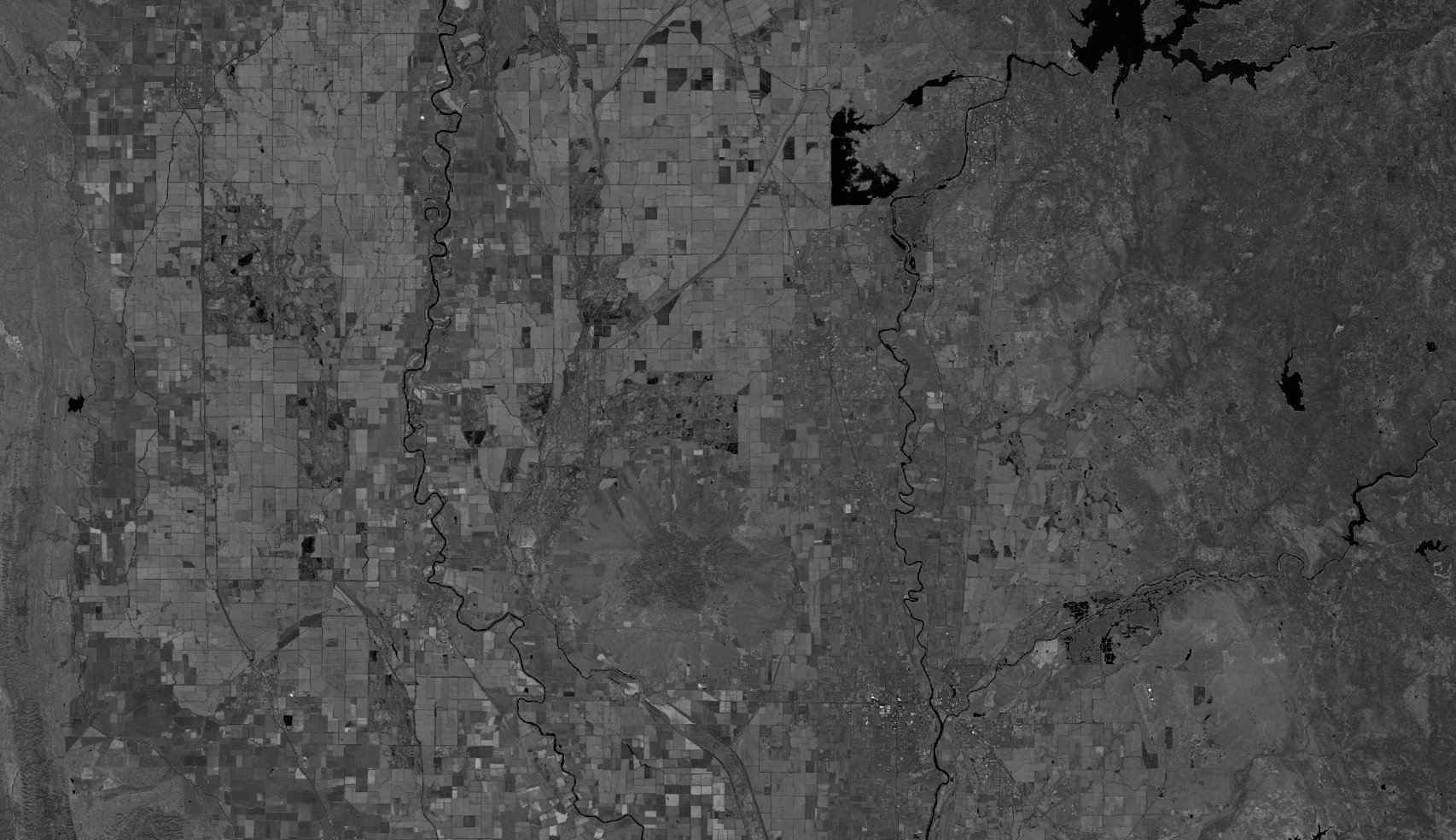
Diversity, Equity, Inclusion, and Justice
What We Are Doing
For NASA Acres to achieve all of its objectives (not only those related to increasing DEIJ), we must invest time and resources in addressing these issues collectively at a table where everyone has a seat and an opportunity to contribute. We know our impact will be mediated by the buy-in of the different community members where we are working; we aim not to study about people or places, but collaborate with the key agricultural decision makers in the U.S.
NASA Acres kicked off with DEIJ and Workforce Development as a program foundation on which our collective success within and beyond this program can be built. The intent is not to pose fear or judgment when discussing DEIJ, but rather to develop a safe space for leaders and members of the NASA and agtech ecosystem to discuss best practices and understanding of how they can be supportive leaders and allies to future agtech leaders.
We have identified key leverage points to improve participation in our field through our innovative strategic plan: Increase recruitment and retention of underrepresented scholars in Acres through mentorship models
Access and Visibility - making connections between existing NASA researchers and Minority Serving Institutions (MSIs) and marginalized communities to hear the challenges they have in accessing and benefiting from STEM and agtech, and develop successful partnerships;
Recruitment - developing plans to broaden the pool of applicants and remove barriers to participating in NASA and agtech, from high school through early career;
Capacity Development - training the next generation of scientists in satellite monitoring of agriculture through programs like UC Merced’s Boosting Representation of African Americans in the Geosciences (BRAAG) , U of Maryland’s Summer Research Initiative (BSOS SRI), NASA DEVELOP, and working directly with MSIs.
Retention - teaching and training NASA Acres Partners toward building more inclusive workplaces that will retain newly-recruited talent; developing and employing mentorship and cohort models
Finding Synergies and Not Reinventing the Wheel- taking stock of, building connections with, and leveraging existing NASA and other STEM and agtech resources and programs related to:
Workforce development
Community participation in NASA, including via citizen science
Equity and Environmental Justice
Supporting new investigators in NASA and other federally-funded research
Addressing challenges minoritized individuals face in e.g. the Geosciences.
Resources
From Prison Cells to PhD https://www.fromprisoncellstophd.org/
NASA Science Activation https://science.nasa.gov/learn/
NASA DEVELOP https://appliedsciences.nasa.gov/what-we-do/capacity-building/develop
NASA ARSET https://appliedsciences.nasa.gov/what-we-do/capacity-building/arset
Unlearning Racism in Geoscience https://urgeoscience.org/
GLOBE STEM Network https://www.globe.gov/web/globe-international-stem-network
NASA Citizen Science http://science.nasa.gov/citizenscience
Funding For Early Career Science Investigators https://www.earthdata.nasa.gov/news/ecip-es-funding-2023
Related News






